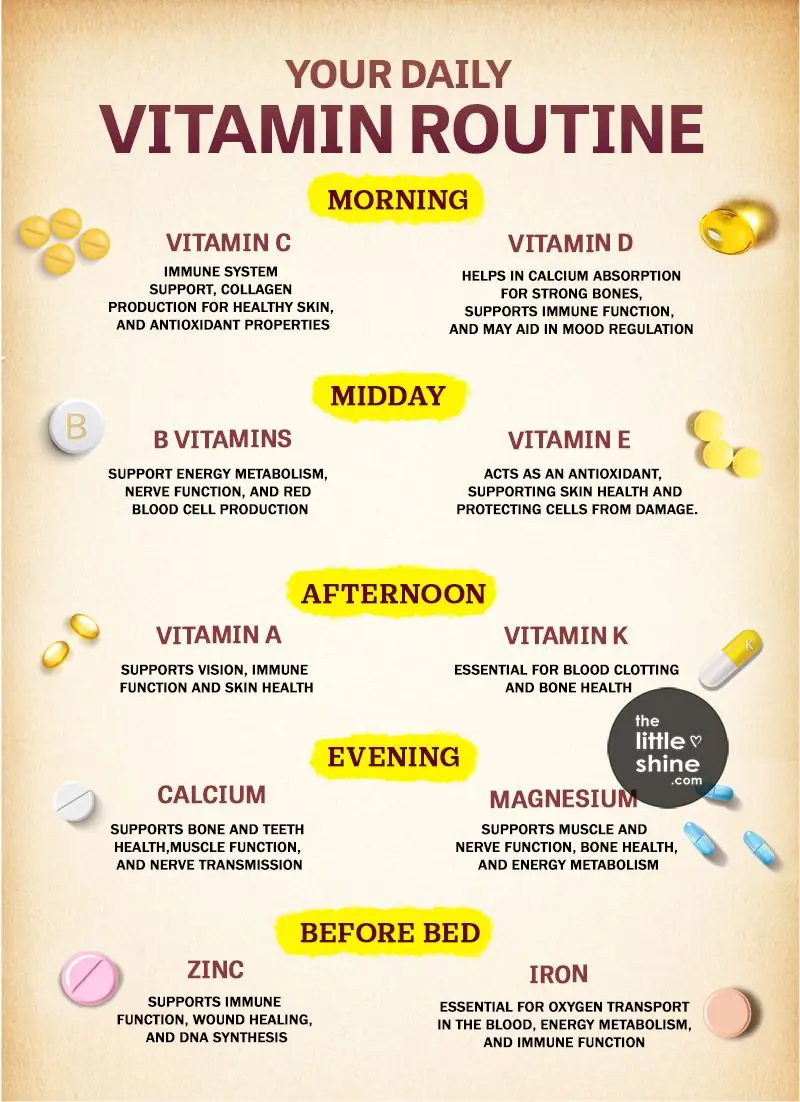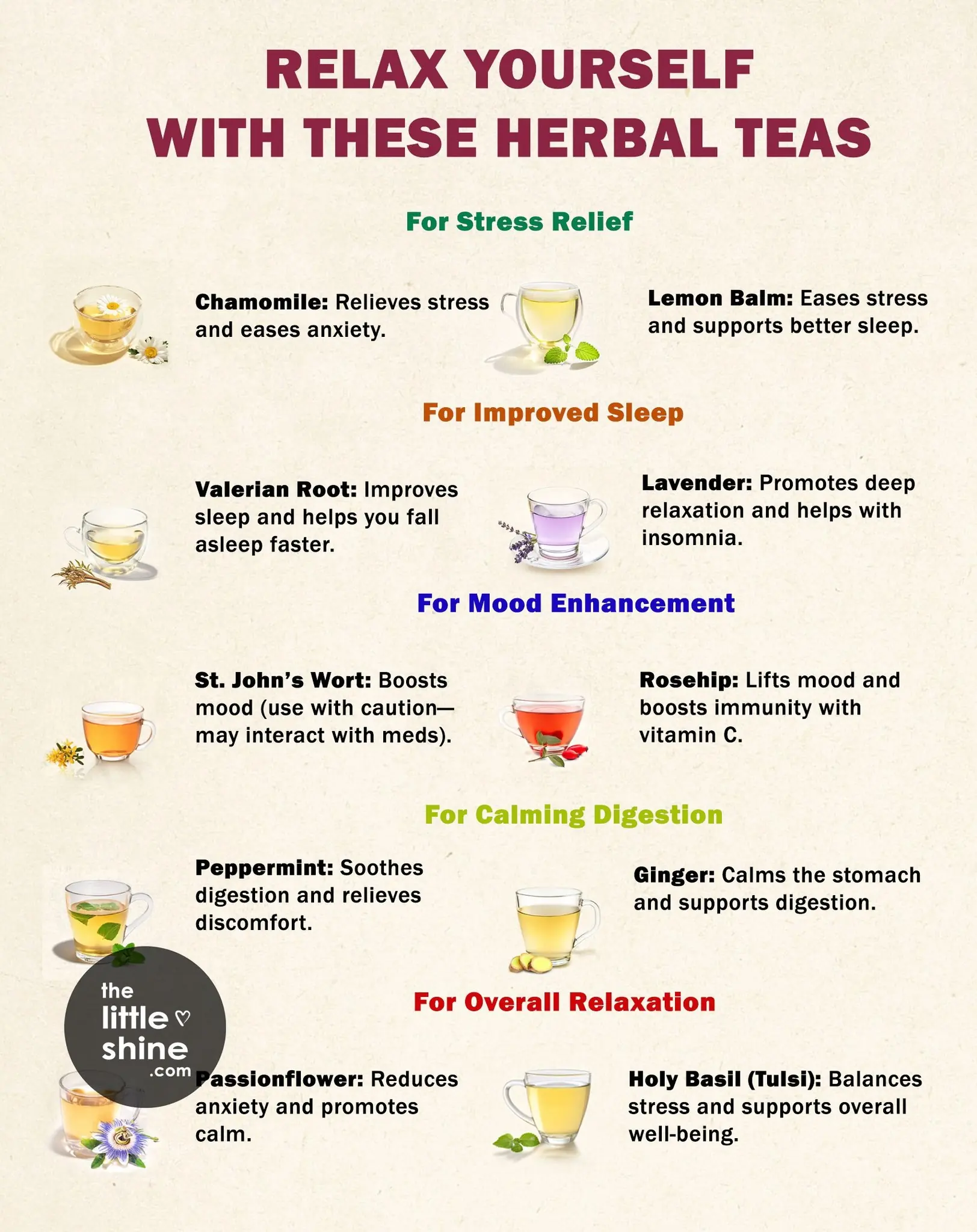10 Ways to Balance Your Cortisol Levels
Cortisol, often referred to as the "stress hormone," is produced by your adrenal glands and plays a vital role in regulating a variety of essential bodily functions, including metabolism, immune response, and stress regulation. However, prolonged high levels of cortisol can lead to issues such as weight gain, sleep disturbances, and chronic anxiety. Balancing your cortisol levels is crucial for maintaining a healthy mind and body. Here are 10 effective ways to help balance your cortisol levels:
1. Limit Morning Phone Use
Starting your day by immediately diving into your phone—checking emails, social media, or the news—can spike your cortisol levels. The constant stream of information and potential stressors can activate your body's "fight or flight" response. Try limiting phone use in the first 30 minutes after waking up. Instead, spend this time focusing on a calming morning routine, such as stretching, meditation, or journaling.
2. Get Early Sunlight
Exposure to natural light, especially in the morning, helps regulate your circadian rhythm, which in turn helps manage cortisol levels. Sunlight exposure signals your body to reduce melatonin (the sleep hormone) and increase serotonin, which keeps your cortisol levels in check. Aim to get outside for at least 15-30 minutes after waking up.
3. No Coffee on an Empty Stomach
While coffee can give you a quick energy boost, drinking it on an empty stomach can lead to a surge in cortisol levels. This can result in feelings of jitteriness, anxiety, and an energy crash later in the day. To keep your cortisol levels balanced, make sure to eat something healthy before having your morning cup of coffee. A protein-rich breakfast can help stabilize blood sugar levels and keep cortisol in check.
4. Eat a Protein-Rich Breakfast
A balanced breakfast that includes protein helps regulate blood sugar levels, which in turn prevents cortisol spikes. Protein-rich foods like eggs, nuts, seeds, and lean meats stabilize energy levels and keep your metabolism running smoothly. Avoid sugary cereals or pastries, which can cause a spike in cortisol by leading to a rapid blood sugar drop later in the day.
5. Do Fasted Workouts Early
Exercise is one of the best ways to manage cortisol levels, but timing matters. Doing fasted workouts in the morning (before breakfast) can help your body become more efficient at managing stress hormones. If you prefer a more intense workout, it’s best to wait until later in the day when your cortisol levels have naturally decreased. A light morning workout, such as yoga or stretching, is ideal for reducing stress.
6. Stay Consistent with Workouts
Regular physical activity helps balance cortisol by strengthening the body's stress management system. However, too much exercise or too little can both negatively impact cortisol levels. Try to stay consistent with moderate workouts, such as walking, cycling, or swimming. Aim for at least 150 minutes of moderate exercise per week. Avoid excessive high-intensity exercise, which can elevate cortisol levels if done in excess.
7. Keep a Regular Sleep Schedule
Getting adequate, high-quality sleep is crucial for regulating cortisol levels. Disruptions to your sleep cycle can result in higher levels of cortisol throughout the day. Try to go to bed and wake up at the same time every day, even on weekends. Aim for 7-9 hours of sleep per night, and create a restful environment by eliminating distractions such as electronics and loud noises.
8. Avoid Screens Before Bed
Using electronic devices like phones, tablets, or computers before bed can interfere with your sleep cycle and increase cortisol production. The blue light emitted by screens inhibits melatonin production, making it harder to fall asleep and causing higher cortisol levels at night. Try to avoid screens for at least an hour before bedtime, and consider reading a book or practicing relaxation techniques instead.
9. Limit Blue Light at Night
As mentioned, blue light disrupts your sleep by interfering with melatonin production. This can cause cortisol levels to spike, preventing restful sleep. At night, try using "night mode" on your devices or wearing blue light-blocking glasses to reduce exposure. Creating a dark, peaceful sleep environment can help you fall asleep faster and improve sleep quality.
10. Skip Alcohol at Night
While alcohol may initially make you feel relaxed, it can interfere with your sleep quality and cause an increase in cortisol levels. Alcohol disrupts the sleep cycle, especially during the REM stage, which is essential for stress recovery and emotional processing. To balance cortisol, consider skipping alcohol in the evening, or limit your consumption to moderate levels on special occasions.
Conclusion
Balancing your cortisol levels is essential for maintaining good mental and physical health. By incorporating these 10 practices into your daily routine, you can help regulate your stress hormones, reduce anxiety, and improve your overall well-being. Remember, small consistent changes can make a significant difference over time!


































